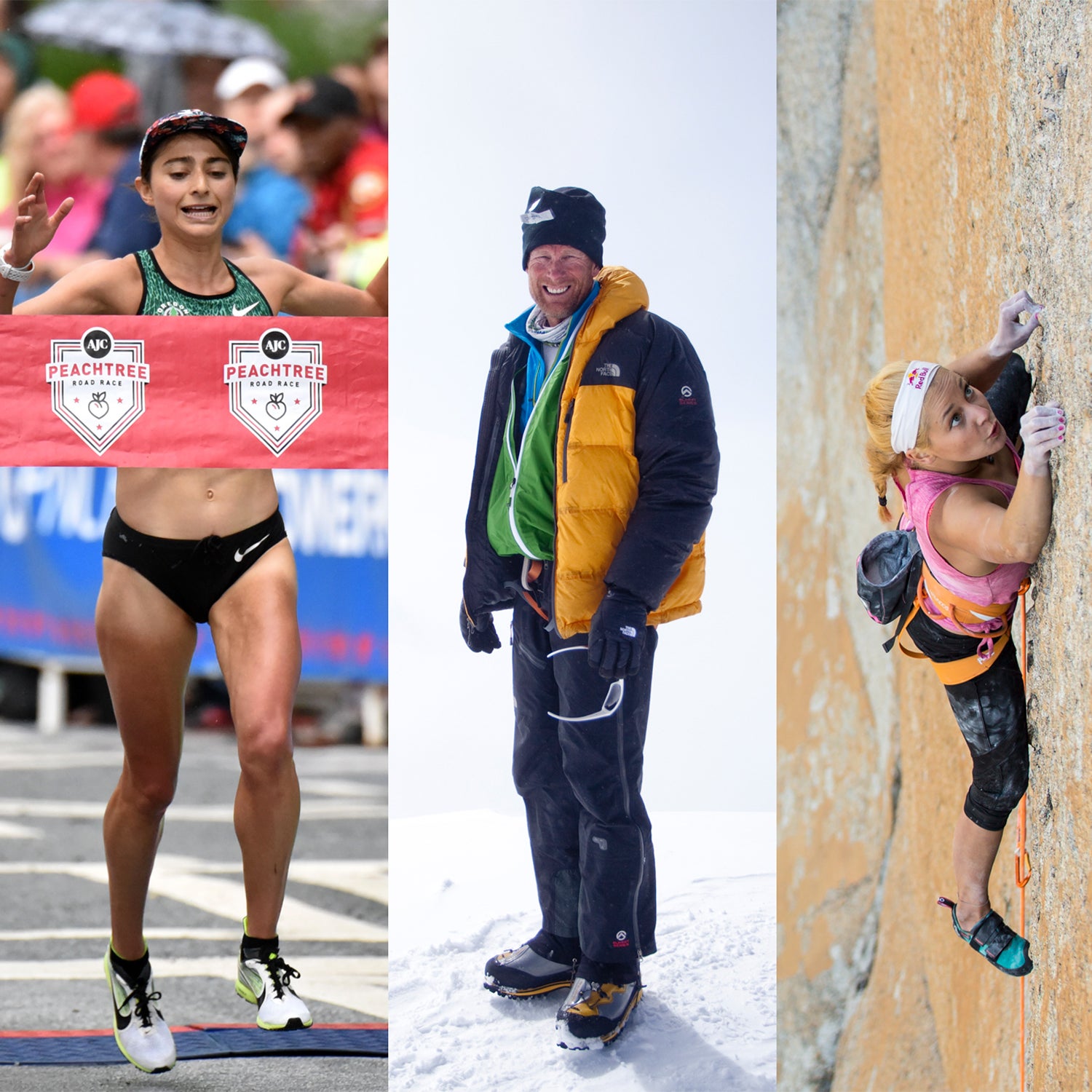Routines bring structure to our days so we can get the most out of them. In his book, , author Mason Currey examines the routines of more than 150 great performers across diverse fields—artists, scientists, poets, mathematicians—and concluded that “a solid routine fosters a well-worn groove for one’s mental energies and helps to stave off the tyranny of moods.” Although there is no single best routine—the best routine is the one that works for you—learning from others is still instructive.
Here, we consider the daily routines of some of the top athletes, artists, authors, and adventurers.
The Night Owl Athlete: Sasha DiGiulian, World Champion Climber
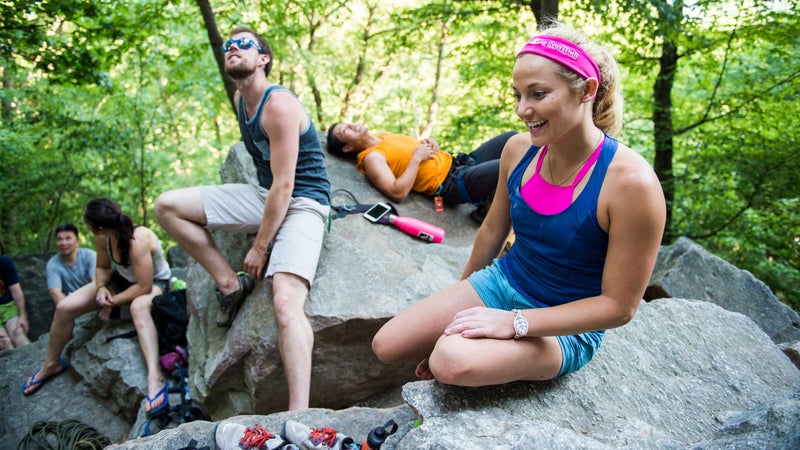
Wake and Hydrate: The first thing I do every morning is drink warm water with lemon. I find this particular combo helps me rehydrate best.
Eat Often: I eat six times a day, with a heavy emphasis on protein and carbs. I also incorporate a lot of vegetables into my diet because they’re nourishing and I really like them.
Relax with Friends: I love to have friends over to my house. I don’t cook often, but I’ll always provide food. Ordering in is a specialty of mine.
Sleep: Sleep is really important for me, so I get a minimum of eight hours every night. But I go to bed late—1 a.m. late.
Read Something Every Night: I read a book—a real, paper book, not on a device—every night for about 30 minutes before going to bed. I like both fiction and nonfiction. The fiction is best to help me relax and escape to another world. The nonfiction is great for learning about why we do what we do and understanding other people.
The Tech-Free Entrepreneur: Dick Costolo, Former CEO of Twitter, Current CEO of Chorus
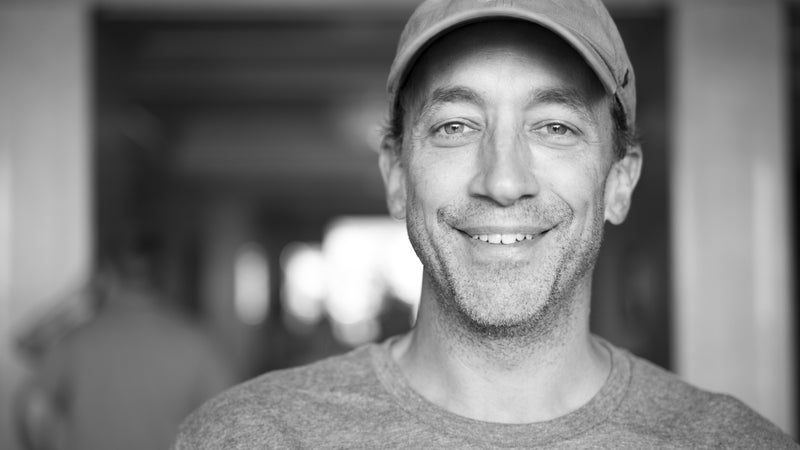
Fast Intermittently: I’m on intermittent fasting, which means I eat only between noon and 8 p.m. I stick to this seven days a week. By restricting the range of when I eat, I’m a lot more mindful of what I eat. This also allows me to indulge in big meals without overdoing it when I do sit down to eat.
Work Out Every Afternoon: At Twitter, I trained at 6:15 in the morning, but now that I have some flexibility in my schedule, I’ve shifted my daily workout to the afternoon. I’m a lot more mobile in the afternoon versus after just getting out of bed. I guess that’s what happens when you get old. [Costolo is 53.]
Schedule Time away from the Phone: I put my phone in airplane mode two hours before I go to bed, and I don’t turn it on until the next morning. This gives me the opportunity to read, think, and relax without the busyness of nonstop push notifications and emails. It’s also great for sleep, because I’m not getting wound up about something before bed.
Take Microadventures: I try to physically remove myself once in a while from the space I’m in daily. This doesn’t need to be expensive travel; it could be as simple as camping or driving to a different climate. I feel like when I come back from these breaks, when I get outside my predictable physical surroundings, I’m more thoughtful and creative. Many of my best ideas have followed these breaks.
The Early Morning ���ϳԹ���r: Conrad Anker, Legendary Climber
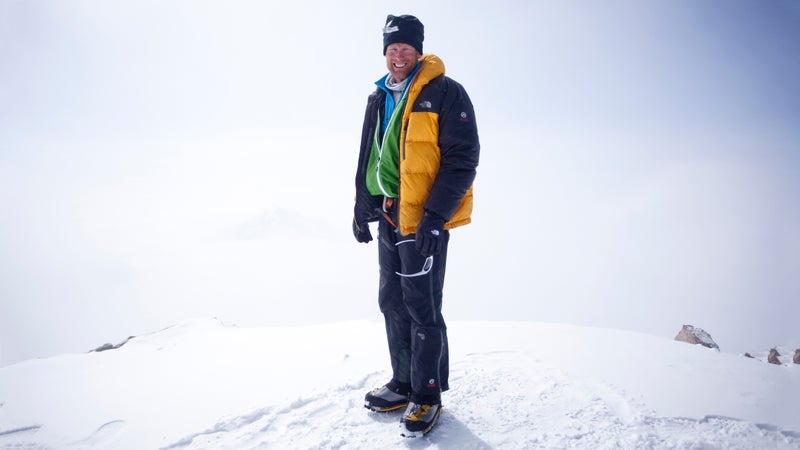
Coffee: I savor my mornings. I’m up very early, around 5 a.m. I have my best mental acuity in the morning, and few people are going to bother me then. It’s a great time to write or tackle important emails and the like. Before I sit down to think and work, I make a pour-over coffee. It’s the first thing I do every day.
Move Every Hour: I’ve been wearing a Fitbit and set it up so that it reminds me to move, even if only a little bit, every hour.
Prioritize Family and Pets: My wife and I walk our dogs every day. This is a really important part of my day.
Clean Yourself: On [climbing] objectives, it’s really hard to have routines because things aren’t always so predictable. I do make sure I wash my hands and feet really well every night—hands because I don’t want to get sick on the side of a mountain, and feet to prevent them from getting pitted (infected), which makes them more susceptible to frostbite.
The Artistic Olympian: Alexi Pappas, Filmmaker, Essayist, Olympic 10K Runner

Do Tomorrow Morning’s Work Today: One of the routines I’ve relied on since I can remember is each night, I lay my clothes out for the next day and set the automatic timer for my coffee. This helps me set the tone for the next day and conserve some of the precious willpower I will undoubtedly need for the day’s tasks ahead. When I wake up to the smell and sound of brewing coffee, with my outfit laid out before me, it is like my yesterday-self already decided I was able to win the day I’m in.
The Exercising Author: Ryan Holiday, Bestselling Author
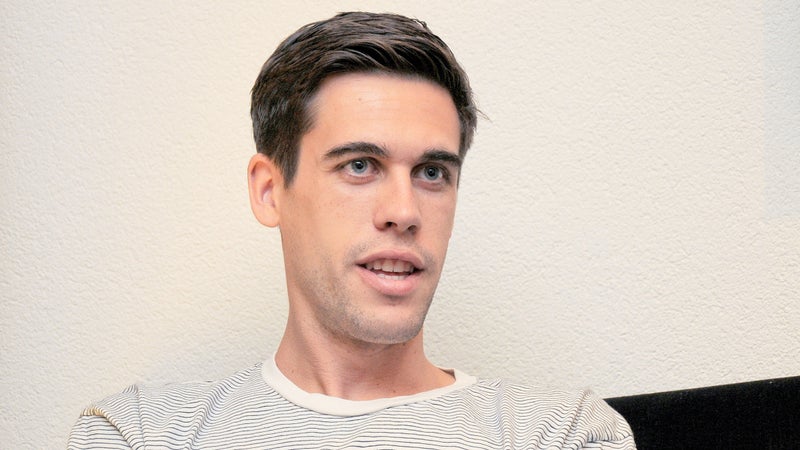
Rise, Reflect, and Set Intentions: Every morning, I wake up very early on my farm [outside Austin, Texas], and I take great pains to not check email on my phone. I use the alarm on my phone to wake me up, but then I resist engaging with it any further. I take a shower, and then I walk upstairs to my office and write in a small journal. I usually do one to two pages—a reflection on the prior day and a few thoughts on the upcoming one. Only then am I allowed to work or think about what I have to do next.
Do the Most Important Thing(s) First: I try to front-load all my creative work as early in the day as possible. If I’ve written for two hours in the morning or logged serious time on a manuscript I need to edit, or if I’ve been locked into research, then whatever happens the rest of the day is a win. If I get called away to something important, if I have a bunch of meetings that go longer than expected, if I lose discipline and slack off, then it was still a successful day because I did my creative work in the morning. My routine never takes later for granted. I want to do what I can now.
Move Your Body to Move Your Mind: The other thing I do daily is some form of strenuous exercise. That could mean running between five and eight miles, swimming at least a mile, or, if the weather is bad, maybe lifting weights. The workout needs to come, for me, in the later afternoon. By then, I’ve reached the point of diminishing returns on my work. I want to take the focus off that for a bit and let my mind wander. I find problems tend to magically resolve themselves during my workouts. What I think about on my run or in my swim is setting me up for what I need to do tomorrow.


